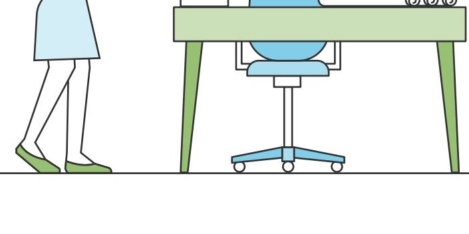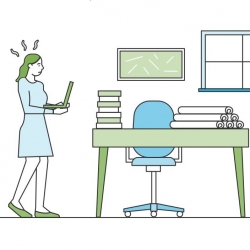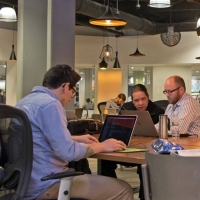March 8, 2023
Despite rise of hybrid working, people spend majority of time on pointless work and meetings
 Businesses and workers are still grappling with barriers to productivity despite the advent of more widespread flexible and hybrid working, claims a new report from Asana. According to the fourth Anatomy of Work Global Index, “work about work” – time spent on work coordination rather than the skilled, strategic jobs they want to do – remains how workers spend the bulk of their day. Conducted by GlobalWebIndex (GWI) on behalf of Asana, the 2023 Anatomy of Work Global Index surveyed the behaviours and attitudes of more than 9,615 knowledge workers across the United States, U.K., Australia, France, Germany, and Japan to understand the impact of cross-functional collaboration. (more…)
Businesses and workers are still grappling with barriers to productivity despite the advent of more widespread flexible and hybrid working, claims a new report from Asana. According to the fourth Anatomy of Work Global Index, “work about work” – time spent on work coordination rather than the skilled, strategic jobs they want to do – remains how workers spend the bulk of their day. Conducted by GlobalWebIndex (GWI) on behalf of Asana, the 2023 Anatomy of Work Global Index surveyed the behaviours and attitudes of more than 9,615 knowledge workers across the United States, U.K., Australia, France, Germany, and Japan to understand the impact of cross-functional collaboration. (more…)















 Any business that is looking to grow its consumer base or expand into new markets is likely to be relying on digital technology to a greater extent than ever before both in their operations and management. This also means that the
Any business that is looking to grow its consumer base or expand into new markets is likely to be relying on digital technology to a greater extent than ever before both in their operations and management. This also means that the 

















